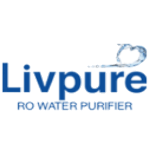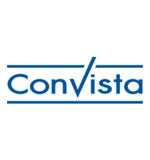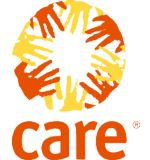Sexual Harassment of Women at Workplace Act, 2013 Services - SGCMS
At SGCMS, we specialize in providing comprehensive services related to the Sexual Harassment of Women at Workplace Act, 2013. Our team of experts offers consultation, training, and support to organizations in achieving full compliance with this critical legislation. Here's how we can assist your organization:
1. Policy Development and Review: Crafting a clear and robust anti-sexual harassment policy is the foundation of compliance with the Act. We work closely with your organization to develop customized policies that align with the specific nature of your workplace, ensuring that all legal requirements are met.
2. Training and Workshops: Raising awareness about the Act and educating employees about its provisions is essential. Our interactive training sessions and workshops are designed to sensitize employees, supervisors, and management about recognizing, preventing, and addressing instances of sexual harassment. These sessions empower your workforce to foster a respectful and inclusive environment.
3. Internal Committee Setup: The Act mandates the establishment of an Internal Complaints Committee (ICC) at workplaces. Our experts guide you through the process of forming and training an effective ICC. We provide insights into the committee's roles, responsibilities, and procedural aspects to ensure a fair and unbiased grievance redressal mechanism.
4. Complaint Redressal Support: Should any incidents of sexual harassment arise, our team offers comprehensive support in investigating and addressing complaints. From guiding the ICC through the investigation process to ensuring confidentiality and impartiality, we help your organization navigate the complexities of complaint resolution.
5. Ongoing Compliance Assistance: Laws and regulations evolve, and it's vital to stay updated with any amendments or changes to the Act. Our services extend to keeping your organization informed about the latest developments and assisting in adapting your policies and practices accordingly.
Ensure a safe and respectful workplace for all employees while adhering to the Sexual Harassment of Women at Workplace Act, 2013 with the dedicated services provided by SGCMS. Contact us today to take proactive steps toward compliance and fostering a culture of dignity and respect.
Remember, a workplace free from sexual harassment is not only a legal requirement but also a fundamental right of every individual.

























